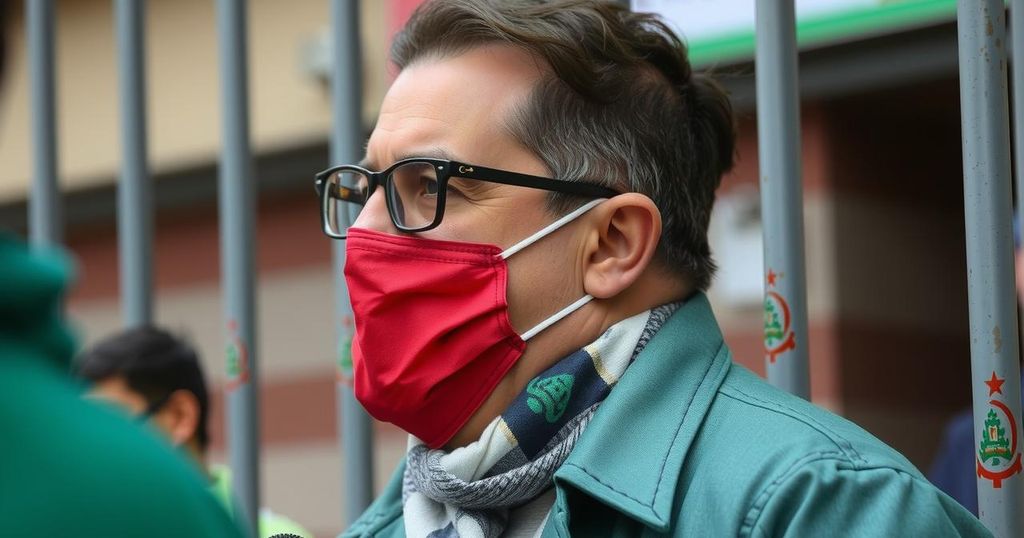Moroccan activist Said Ait Mahdi has been sentenced to three months in prison after leading protests against the government’s response to the September earthquake that devastated the Al Haouz region. His sentencing is seen as a politically motivated act against activists advocating for better recovery efforts amid ongoing community frustration with the government’s handling of the disaster.
In a troubling development in Morocco, prominent activist Said Ait Mahdi has been sentenced to three months in prison for participating in protests against the government’s inadequate response to the recent catastrophic earthquake. This ruling, seen by human rights advocates as arbitrary and politically motivated, arises amidst widespread discontent in the earthquake-affected regions, where survivors are demanding more effective recovery efforts. The seismic event, a 6.8-magnitude earthquake in September 2023, has left nearly 3,000 dead and caused extensive destruction to infrastructure in the Al Haouz region.
Ait Mahdi, a vocal leader of the local activist community, has been charged with serious offenses including defamation and inciting unauthorized demonstrations. Despite a typical one-year prison sentence for similar cases, Ait Mahdi’s three-month sentence was less severe than expected. Nevertheless, his punishment epitomizes the ongoing struggle against governmental repression, as protests continue in various locales with demonstrators accusing officials of mismanagement in the aftermath of the disaster.
The sentence of Said Ait Mahdi highlights the ongoing tensions in Morocco following the devastating September earthquake that affected the Al Haouz region. This disaster has not only caused significant loss of life but has also exacerbated existing inequalities, particularly impacting indigenous communities. Following the earthquake, protests erupted across affected regions as citizens expressed frustration over the sluggish government response and inadequate assistance, which has left many displaced residents living in temporary shelters. The government’s commitment of over $11.5 billion for recovery efforts has faced scrutiny amidst reports of mismanagement and slow progress.
The sentencing of Said Ait Mahdi raises critical concerns regarding civil liberties and the right to protest in Morocco. In a climate of increasing repression, his case may serve as a crucial point of contention for human rights advocates. As reconstruction efforts continue, it remains imperative for the Moroccan government to address both the on-ground needs of earthquake victims and the rights of activists who advocate for these necessary changes. Ait Mahdi’s situation has drawn attention to the urgent need for transparency and accountability in recovery processes.
Original Source: apnews.com






